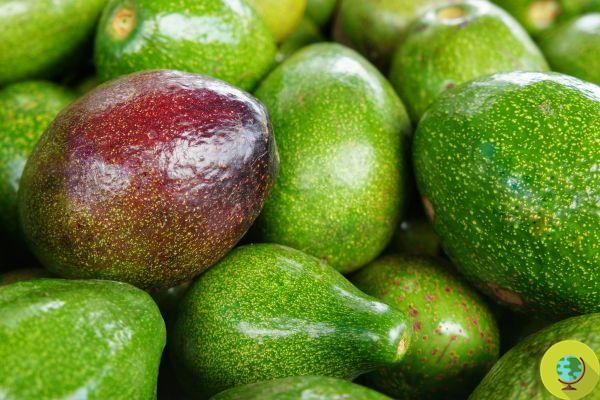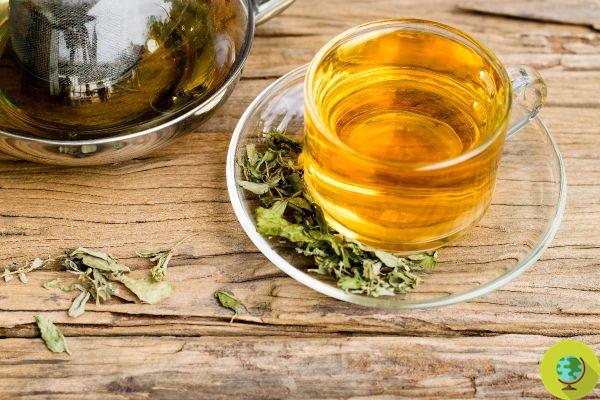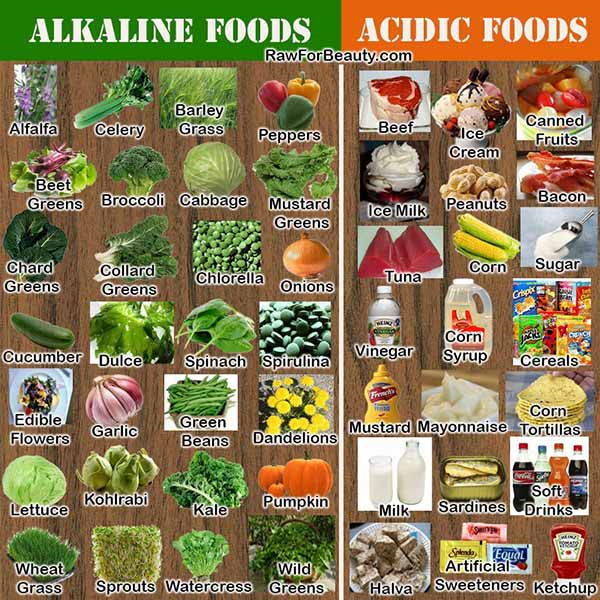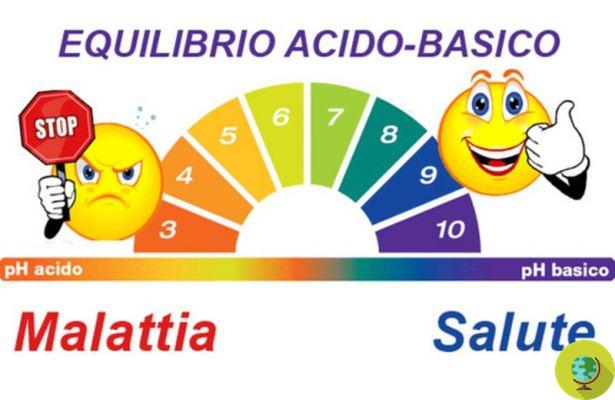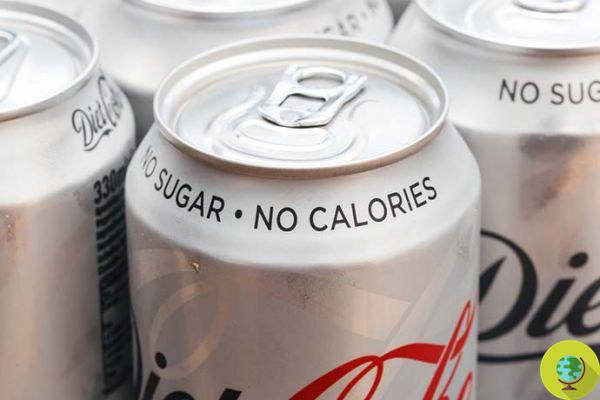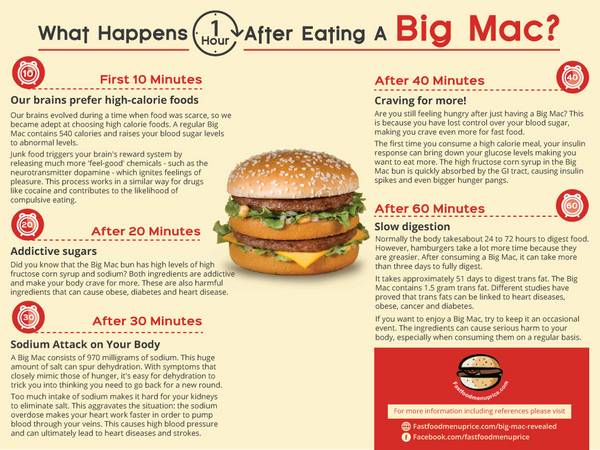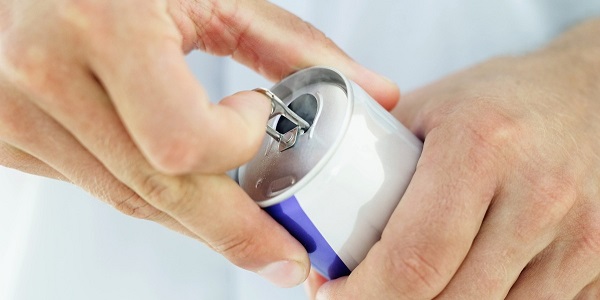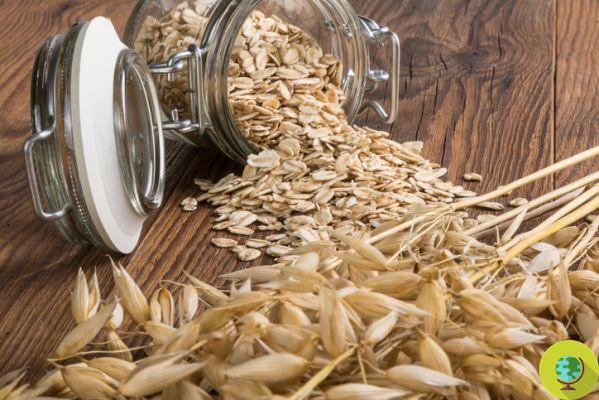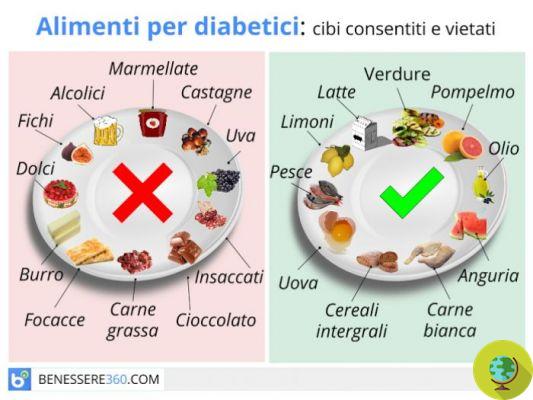 Don't store avocado like this: it's dangerous
Don't store avocado like this: it's dangerous
What is the right amount of Kefir to take each day? What are the consequences of excessive consumption?
Creamy and refreshing, the kefir it is a good and nutritious superfood. Packed with health benefits, thanks to both its high nutritional value and probiotic contentDrinking too much of it can cause various side effects.
Some people, for example, may need to limit their intake or even eliminate kefir from their diet altogether.
Index
What is kefir?
Kefir is one fermented drink which has been associated with a number of powerful health benefits. Traditionally, it's made by adding kefir grains - a mix of beneficial bacteria and yeast - to cow or goat's milk. The process results in a drink with a creamy, yogurt-like texture.
Both milk kefir and water kefir are rich in Probiotics, a type of bacterium found in the gut that can support healthy digestion, immune function, heart health, and more. Additionally, kefir contains several key nutrients, including protein, football, phosphorus e Vitamin B12. Despite being a superfood, drinking too much kefir can cause some unwanted effects.
Side effects of kefir
It may contain alcohol
Fermented foods and drinks such as kefir contain small amounts of alcohol. Although the alcohol content may vary depending on the brand and type of kefir, most varieties have been shown to contain 0,5-2% alcohol.
For reference, regular beer contains around 5% alcohol, while light beers generally contain around 4,2% alcohol. Although the amount of alcohol in kefir is very low and probably not a problem for most people, it is still a fact to keep in mind especially if you have alcohol intolerance, or if you are avoiding alcohol for others. reasons.
It could cause digestive problems
Very quickly increasing your intake of probiotic-rich foods can cause digestive problems; some of the more common problems reported with probiotic consumption include gas, constipation e nausea.
In some cases, probiotics could also cause others gastrointestinal problems, such as diarrhea, stomach cramps, vomiting, taste changes and decreased appetite.
However, keep in mind that these symptoms are more common with the use of probiotic supplements, which contain a more concentrated amount of these "good bacteria" than fermented drinks like kefir. These symptoms typically tend to subside over time with continued consumption of kefir and other probiotic foods.
Contains carbohydrates
Although the exact nutritional content of kefir may vary by brand, this product typically has carbohydrates. For example, 1 cup (243 ml) of low-fat milk kefir has been shown to provide approximately 12 grams of carbohydrates. Similarly, 1 cup (240 ml) of water kefir contains about 13 grams.
While this may not be a problem for most people, those who follow low-carb diets o ketogenic they may need to limit their intake of foods such as kefir. People with diabetes they may need to monitor carbohydrate consumption closely to manage blood sugar levels, and kefir is not a suitable drink; in these cases, it would be best to limit kefir intake to 1-2 cups (237-473 ml) per day to keep blood sugar levels healthy.
It may not be suitable for some people
In case of problems with the immune systemIt is wise to speak to a doctor before adding probiotic-rich foods, such as kefir, to your diet.
While the search generally suggests that these ingredients are likely safe for people with autoimmune conditions, some case reports have linked the use of probiotics to serious side effects, such as an increased risk of infection. Although rare, some studies found that probiotics have also been associated with problems such as sepsis, which is a potentially very dangerous infection. However, more research is needed to determine how kefir may specifically affect people with autoimmune disorders.
How Much Kefir Can You Drink?
Kefir can be a healthy and delicious addition to a balanced diet. For best results, it's recommended to stick to around 1-3 cups (237-710ml) per day and pair it with a variety of other fermented foods and drinks to increase your intake of probiotics.
However, some people may need to limit their intake depending on their daily carbohydrate allowance, including people with diabetes, those on a low-carb or ketogenic diet, and people who avoid alcohol. If you experience any negative side effects after drinking kefir, consider reducing your intake or stopping its consumption.
Follow us on Telegram | Instagram | Facebook | TikTok | Youtube
About kefir you might be interested in:
-
Kefir: good, but not for everyone! Possible damage and side effects
-
Kefir, discover the ancient origins, between history and legend, of the drink "of the prophet"
-
Kefir ice cream? 4 fresh, healthy and super creamy recipes
-
Greek yogurt, skyr and kefir: differences and which one to choose
-
Kefir: where to find the grains to self-produce it at home and how to recognize "bad donors"
-
Kefir: what contains what you buy at the supermarket and which one to choose
-
Kefir, is also good for your dog! The unexpected benefits of probiotics for dogs




